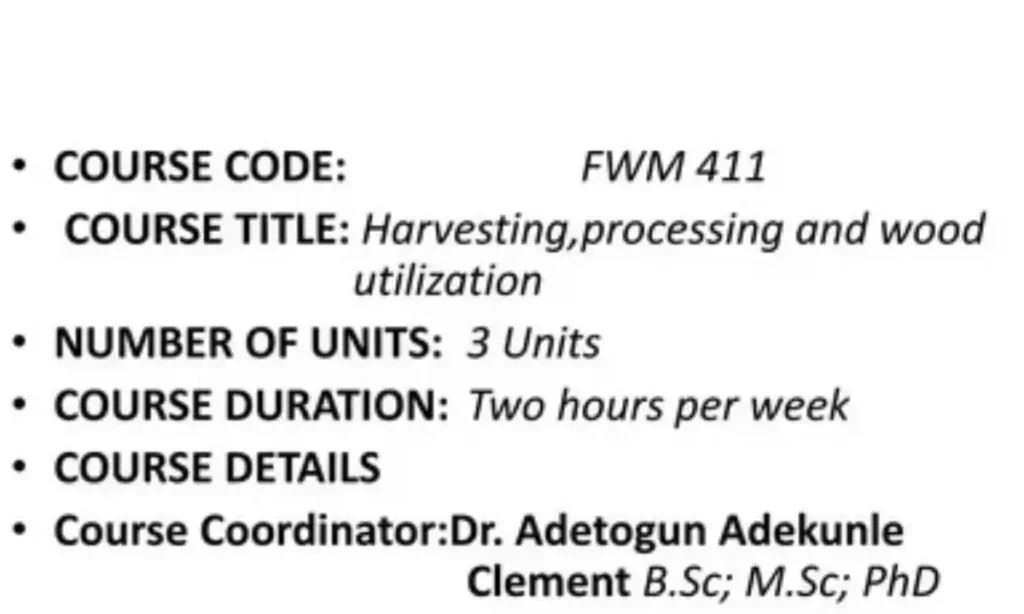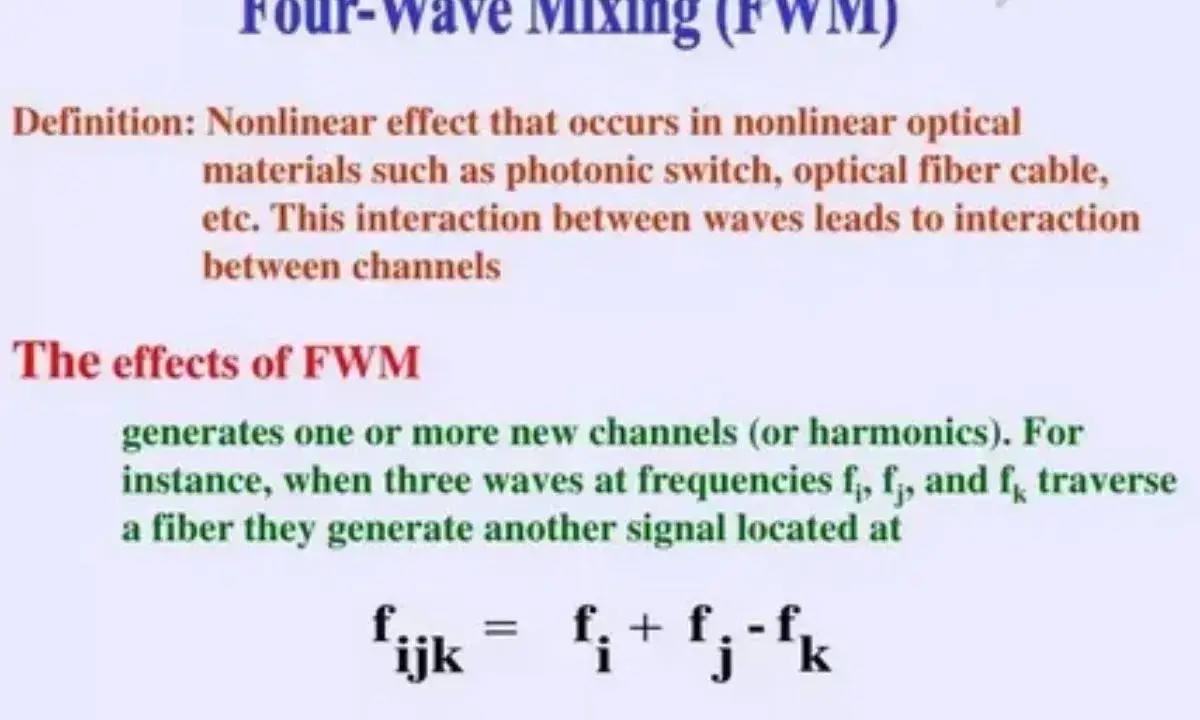Introduction
If you’ve scrolled through Twitter, Instagram, or TikTok, chances are you’ve stumbled across the acronym FWM. At first glance, it might look like just another piece of cryptic internet slang. But in reality, it carries a layered meaning shaped by hip-hop culture, urban slang, and social media trends.
FWM most commonly stands for “F* With Me”, an explicit phrase that can mean anything from a friendly invitation to a bold flirt or even a confrontational challenge. Context is everything.
This article breaks down the definition, origin, cultural background, usage, misconceptions, and professional relevance of FWM. By the end, you’ll know exactly when to use it — and when not to.
Definition & Meaning of FWM
At its core, FWM is shorthand for:
- “F* With Me” – the literal phrase, often censored or softened in certain contexts.
- Depending on tone, it can mean:
- Friendly – “Come hang out with me.”
- Flirty – “Show interest in me.”
- Challenging – “Don’t mess with me.”
Here’s how the meaning shifts in actual sentences:
| Example Text | Likely Meaning | Tone |
|---|---|---|
| “Yo, if you’re free tonight, FWM.” | Invitation to hang out | Friendly |
| “If you really like me, then FWM.” | Testing interest / flirting | Flirty |
| “He thinks he can step to me? FWM.” | Challenge / confrontational | Aggressive |
👉 Key Takeaway: FWM isn’t one-size-fits-all. Tone, context, and relationship between people define its meaning.
Origin, Background & History
The roots of FWM lie in hip-hop and urban slang. The phrase “F* with me” has been part of rap lyrics and street talk since the late 20th century.
- 1990s–2000s: Popularized in hip-hop tracks as an expression of loyalty (“ride with me”), bravado, or defiance.
- 2010s: Social media shortened it to FWM, spreading across Twitter and Instagram.
- 2020s: Adopted by Gen Z in texting, dating apps, and gaming communities.
Hip-hop’s influence can’t be overlooked. Rappers like Rick Ross, Jay-Z, and Drake often used “F* with me” to mean respect, connection, or confidence. From there, the shorthand entered mainstream online communication.
Usage in Different Contexts
Casual Conversations
In texting with friends, FWM typically means “come through” or “hang out.”
Example: “We’re chilling at my place later, FWM if you’re down.”
Social Media
On Instagram captions, tweets, or Snapchat stories, FWM signals confidence and approachability.
Example: “Big vibes tonight. FWM if you’re about it.”
Dating Apps
In apps like Tinder or Bumble, FWM takes a flirty turn. It can be used to invite someone to connect beyond chatting.
Example: “If you’re real about meeting, FWM.”
Gaming Communities
Among gamers on Discord or Xbox Live, FWM often translates to “join my squad” or “play with me.”
Example: “We need one more for Warzone, FWM.”
Professional / Workplace
⚠️ Important: FWM is not suitable for professional communication. Its explicit nature and casual tone make it unfit for emails, Slack messages, or workplace chats.
Regional or Cultural Differences

FWM is most common in the United States, especially in urban and youth culture.
- United States – Used widely across texting, rap culture, and Gen Z slang.
- United Kingdom – Less common; when used, usually linked to American pop culture.
- Global Reach – Thanks to TikTok and Instagram, FWM is recognized worldwide but not always understood.
In non-English-speaking regions, FWM is often seen as imported slang tied to hip-hop or American memes rather than native speech.
Common Misconceptions & Clarifications
Many people misunderstand FWM. Let’s clear up the biggest myths:
- Myth: FWM is always aggressive.
- Reality: It can be friendly, flirty, or inviting depending on tone.
- Myth: FWM is safe for professional use.
- Reality: Its explicit wording makes it unprofessional.
- Myth: FWM has one fixed meaning.
- Reality: Context changes everything — from a casual invite to a warning.
Similar Terms & Alternatives
Here are some related slang terms that overlap with FWM in meaning:
| Slang | Meaning | Similar to FWM Usage |
|---|---|---|
| HMU (Hit Me Up) | Contact me | Friendly / casual |
| Link Up | Meet in person | Friendly / social |
| Slide In (DMs) | Start a conversation | Flirty |
| Try Me | Challenge or test me | Aggressive |
| Vibes | Positive energy / hang out | Friendly |
👉 Difference: Unlike most of these, FWM carries an explicit word, making it edgier and less workplace-friendly.
Comparison with Similar Terms
Let’s look deeper at how FWM vs HMU plays out:
- HMU: Purely neutral, just means “contact me.”
- FWM: Loaded with tone. Could be friendly, flirty, or aggressive.
Another example: FWM vs Link Up.
- Link Up: Straightforward meet-up, no explicitness.
- FWM: Informal, often spiced with attitude.
Hidden or Offensive Meanings
Because it contains the F-word, FWM can be interpreted as offensive depending on the audience.
- In casual friend groups, it’s often harmless.
- In professional or mixed settings, it may come across as rude or disrespectful.
- Some communities censor it as “FW Me” to soften the impact.
⚠️ Pro Tip: Always consider your audience before using FWM.
Suitability for Professional Communication
Should you use FWM in a business setting? The answer is no.
Reasons why FWM is not workplace-appropriate:
- Contains profanity.
- Can be misunderstood as confrontational.
- Sets an unprofessional tone.
Instead, use alternatives:
- “Let’s connect.”
- “Reach out to me.”
- “I’d like to collaborate.”
How to Respond to FWM
When someone uses FWM with you, your response depends on context:
- Friendly Invite:
- “Bet, I’ll pull up.”
- “Yeah, I’m down.”
- Flirty Tone:
- “Say less 👀”
- “Only if you’re serious.”
- Confrontational Use:
- “Not worth my time.”
- “Relax, no need for that.”
👉 Always read tone before replying, especially online where messages lack vocal cues.
Usage in Pop Culture & Media
Pop culture accelerated FWM’s rise.
- Hip-Hop Lyrics – Songs like “FWM” by Lil Yachty and “FWM” by PARTYNEXTDOOR directly use the phrase.
- Twitter Memes – Screenshots of texts with “FWM” often go viral.
- TikTok Trends – Short clips use captions like “Nobody FWM” to mean “nobody supports me.”
These cultural references made FWM more than slang; it became a social expression.
FAQs About FWM
Q: What does FWM stand for?
A: FWM means “F* With Me”, a slang acronym used in texting and social media.
Q: Is FWM offensive?
A: It contains explicit language, so yes, it can be offensive depending on audience.
Q: Can I use FWM in professional settings?
A: No. Use alternatives like “connect with me” or “reach out.”
Q: Is FWM only American slang?
A: It’s most common in the US but spread globally through social media.
Q: What’s the difference between FWM and HMU?
A: HMU means “Hit Me Up” (neutral). FWM can be friendly, flirty, or aggressive depending on tone.
Conclusion
FWM is a prime example of how internet slang evolves from music and urban culture into everyday digital communication. While it literally stands for “F* With Me”, the meaning shifts based on tone and context — from a casual hangout invite to a flirt, or even a challenge.
But keep this in mind: FWM is not suitable for professional communication. Its explicit nature makes it a term best reserved for casual chats, social media, gaming, and dating apps.
When used correctly, FWM adds personality and cultural flavor to conversations. Misused, it can cause offense or misunderstanding. The key is knowing your audience, reading the tone, and deciding if it’s the right time to drop those three little letters.

Ember Clark is an expert blogger passionate about cartoons, sharing captivating insights, trends, and stories that bring animation to life for fans worldwide.

